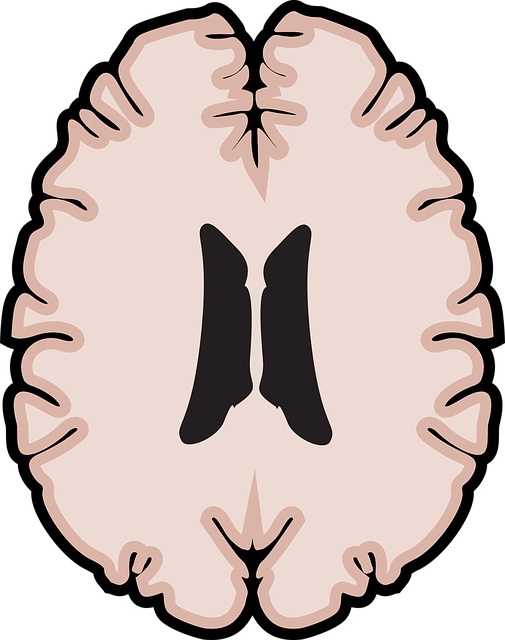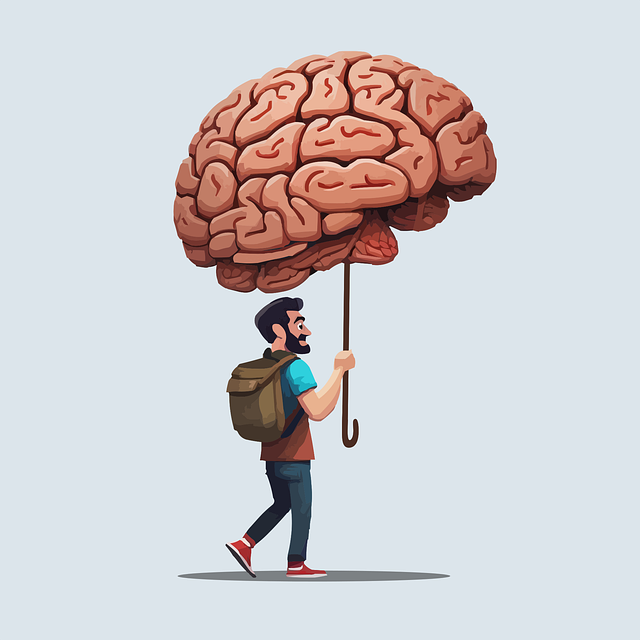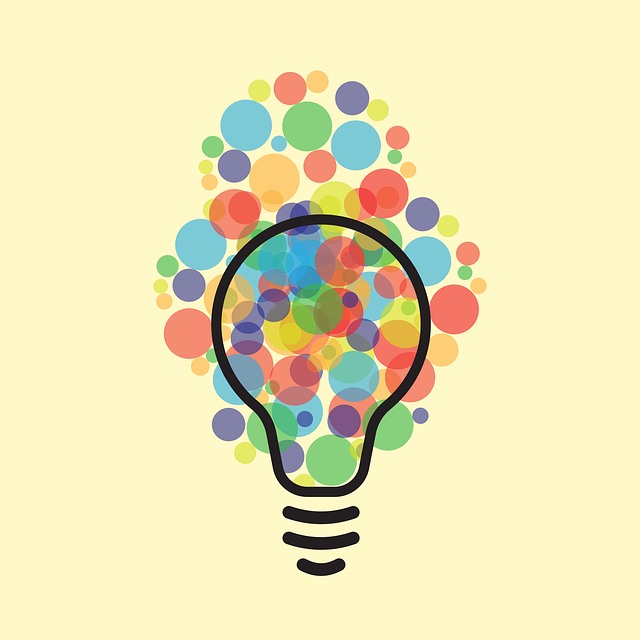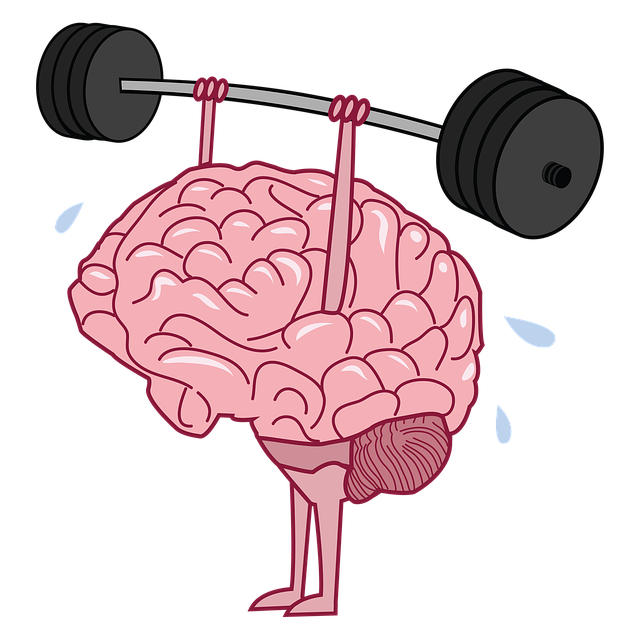Emotion regulation is a powerful tool for navigating life's challenges, fostering resilience and adaptability. Superior Independent Medical Evaluations (SIMEs) play a vital role in identifying emotional vulnerabilities and strengths through unbiased assessments, crucial for integrating evidence-based therapy techniques like Mental Illness Stigma Reduction Efforts. Combining SIMEs with therapies like Mental Health Education Programs Design empowers individuals to take charge of their mental health. These evaluations offer valuable insights into clients' emotional landscapes, foster better engagement, and improve self-esteem through self-awareness, enabling proactive mental health management. Integrating SIME-driven assessments, emotional intelligence teaching, and self-care practices creates a holistic environment supporting personal growth and overall well-being.
Emotion regulation techniques are essential tools for managing and understanding our internal states. This article explores the multifaceted approach to mastering emotional intelligence, offering a comprehensive guide to help individuals unlock their self-control potential. We delve into the significance of superior independent medical evaluations in therapy, providing insights on how they enhance treatment effectiveness. By uncovering effective teaching methods and integrating practice into daily life, readers will discover strategies for cultivating lasting emotional well-being.
- Understanding Emotion Regulation: Unlocking the Power of Self-Control
- The Role of Superior Independent Medical Evaluations in Therapy
- Effective Techniques for Teaching Emotional Intelligence
- Integrating Practice into Daily Life: Cultivating Lasting Change
Understanding Emotion Regulation: Unlocking the Power of Self-Control

Emotion regulation is a vital skill that empowers individuals to navigate life’s challenges with resilience and adaptability. It involves recognizing, understanding, and managing one’s emotions effectively, enabling them to make thoughtful decisions rather than reacting impulsively. This process is akin to a sophisticated internal check-and-balance system, where self-control becomes the key master. By learning to unlock this power, individuals can enhance their overall well-being and quality of life.
Superior Independent Medical Evaluations (SIMEs) play a crucial role in this context, offering unbiased assessments that are instrumental in identifying emotional vulnerabilities and strengths. SIMEs, coupled with evidence-based therapy techniques, such as those derived from Mental Illness Stigma Reduction Efforts, can significantly contribute to Stress Reduction Methods. Furthermore, integrating these practices into Mental Health Education Programs Design fosters a culture of emotional intelligence, empowering individuals to take charge of their mental health.
The Role of Superior Independent Medical Evaluations in Therapy

Incorporating Superior Independent Medical Evaluations (SIMEs) into therapy enhances its effectiveness significantly. These evaluations provide an objective and comprehensive assessment of a client’s mental health status, allowing therapists to tailor their approaches more accurately. By integrating SIMEs, therapists gain valuable insights into clients’ emotional landscapes, including any underlying conditions or risk factors. This strategic approach ensures that therapy aligns with the individual’s unique needs, fostering better engagement and outcomes.
Moreover, regular SIMEs contribute to self-esteem improvement by promoting self-awareness and empowering individuals to take charge of their mental health. They also serve as a critical tool for risk assessment in mental health professions, enabling professionals to implement preventive measures effectively. Incorporating self-care practices alongside these evaluations can further strengthen the therapeutic process, creating a holistic environment that supports both personal growth and overall well-being.
Effective Techniques for Teaching Emotional Intelligence

Teaching emotional intelligence is a powerful tool for individuals to navigate and manage their emotions effectively. One of the key techniques in this process is mood management. This involves helping students recognize and understand their emotional states, and then providing them with strategies to regulate and modulate these moods. Techniques such as mindfulness practices, cognitive reappraisal, and relaxation exercises empower individuals to become more aware of their internal experiences and respond adaptively to challenging situations.
Through mental health education programs design, teachers can foster a safe and supportive environment where students feel comfortable exploring their emotions. Incorporating social skills training allows learners to develop empathy, improve communication, and enhance their ability to connect with others. These skills are vital for building healthy relationships and managing social interactions effectively. Additionally, encouraging open discussions about emotional experiences and providing practical tools for coping mechanisms can greatly benefit individuals in their personal growth and overall well-being, especially when supported by superior independent medical evaluations and therapy practices.
Integrating Practice into Daily Life: Cultivating Lasting Change

Integrating emotion regulation techniques into daily life is key to achieving lasting change and enhancing overall well-being. Effective strategies go beyond mere learning; they become integral parts of one’s routine, fostering resilience in managing emotional responses. By consistently practicing mindfulness, for instance, healthcare providers can improve their Mood Management, reduce Stress Reduction Methods, and even prevent Burnout Prevention Strategies for Healthcare Providers.
Superior Independent Medical Evaluations (SIMEs) highlight the importance of self-awareness and adaptive coping mechanisms. When individuals incorporate these techniques into their everyday lives, they cultivate a deeper sense of control over their emotions. This proactive approach not only benefits personal growth but also enhances the quality of interactions in professional settings, leading to more effective patient care and improved work-life balance.
Emotion regulation techniques, when effectively taught and integrated into daily life, can significantly enhance overall well-being. By understanding the power of self-control and leveraging tools like superior independent medical evaluations in therapy, individuals can unlock their emotional intelligence. Combining evidence-based practices with practical application fosters lasting change, empowering folks to navigate life’s challenges with greater resilience and composure.









